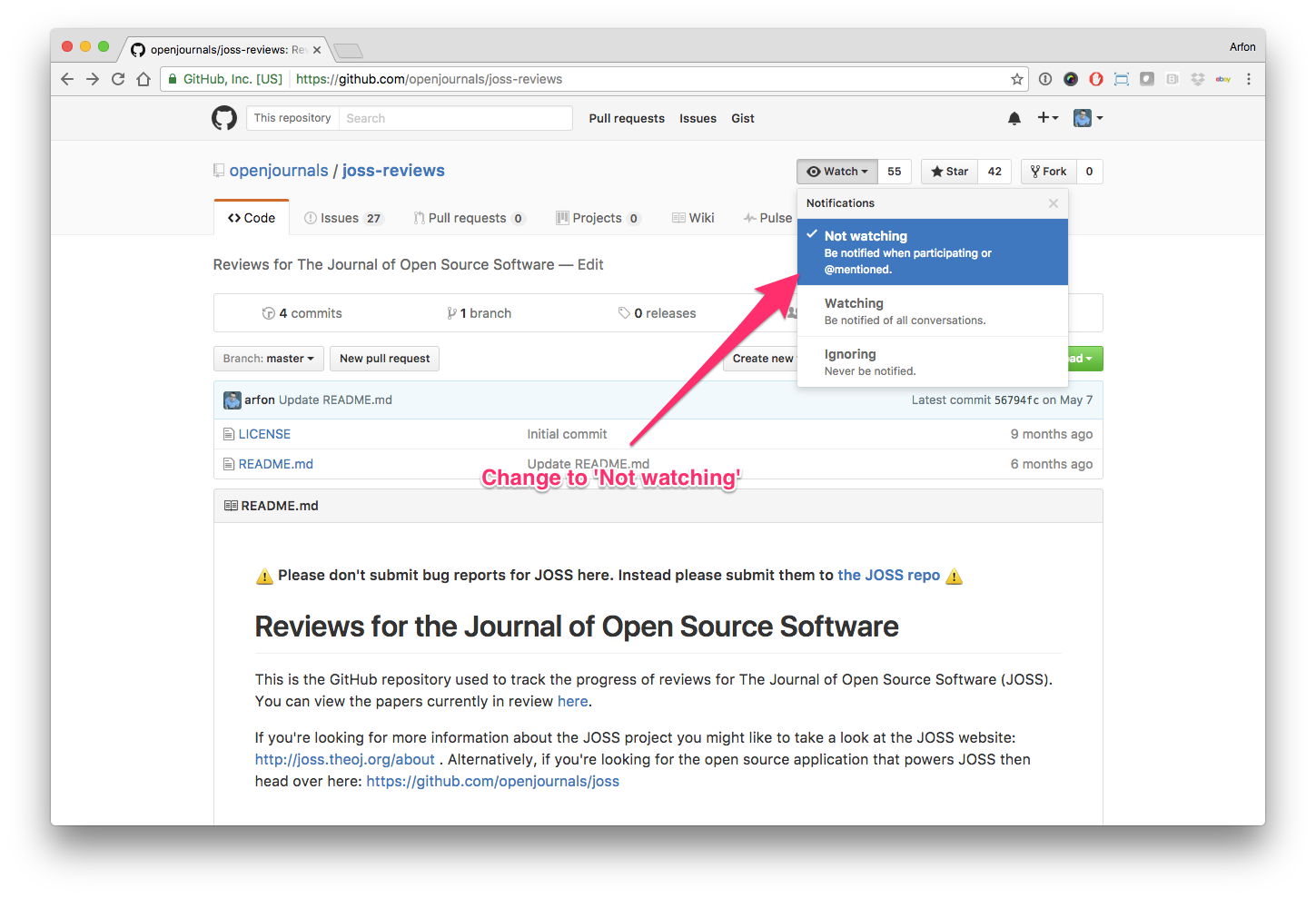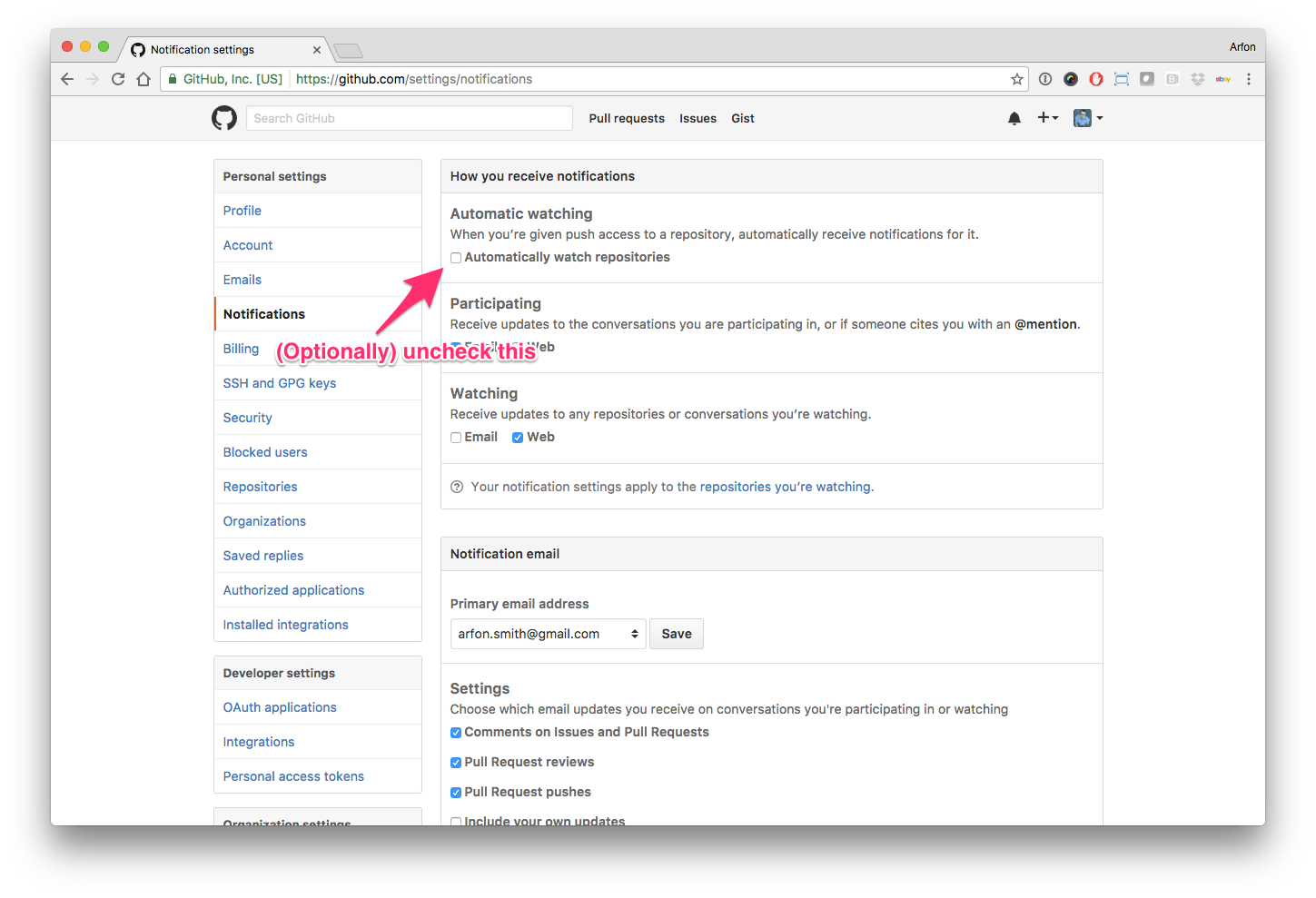Join GitHub today
GitHub is home to over 40 million developers working together to host and review code, manage projects, and build software together.
Sign up[REVIEW]: The ExoTETHyS package: Tools for Exoplanetary Transits around Host Stars #1834
Comments
This comment has been minimized.
This comment has been minimized.
|
Hello human, I'm @whedon, a robot that can help you with some common editorial tasks. @steven-murray, @williamjameshandley it looks like you're currently assigned to review this paper If you haven't already, you should seriously consider unsubscribing from GitHub notifications for this (https://github.com/openjournals/joss-reviews) repository. As a reviewer, you're probably currently watching this repository which means for GitHub's default behaviour you will receive notifications (emails) for all reviews To fix this do the following two things:
For a list of things I can do to help you, just type: For example, to regenerate the paper pdf after making changes in the paper's md or bib files, type: |
This comment has been minimized.
This comment has been minimized.
|
This comment has been minimized.
This comment has been minimized.
This comment has been minimized.
This comment has been minimized.
|
@steven-murray, @williamjameshandley - One thing I forgot to mention when inviting you both to review is that this JOSS submission/paper is a joint publication with AAS Journals, i.e. this JOSS paper will be published together with another paper in one of the AAS journals. As part of this collaboration, AAS publishing makes a small donation to the running costs of JOSS. If this is unacceptable to you, please let me know and I can look for alternative reviewers. Some related links:
|
This comment has been minimized.
This comment has been minimized.
|
@arfon it seems I am not able to check off the check-boxes in the original comment? |
This comment has been minimized.
This comment has been minimized.
|
@steven-murray - did you accept the invite here? https://github.com/openjournals/joss-reviews/invitations |
This comment has been minimized.
This comment has been minimized.
|
@arfon -- ahhh, OK now I have :-) |
This comment has been minimized.
This comment has been minimized.
I would consider myself an aspiring completist, but am currently not enough of one in order to disambiguate the above instruction. Could you point me to an example of how to link between a JOSS review and a GitHub issue? |
This comment has been minimized.
This comment has been minimized.
|
Well, this issue is the JOSS review (i.e. leave comments here), but if you were to open an issue on the repository being reviewed (https://github.com/ucl-exoplanets/ExoTETHyS), please link to this issue in issues opened on https://github.com/ucl-exoplanets/ExoTETHyS i.e. by saying something like:
|
This comment has been minimized.
This comment has been minimized.
|
@whedon generate pdf |
This comment has been minimized.
This comment has been minimized.
|
This comment has been minimized.
This comment has been minimized.
This comment has been minimized.
This comment has been minimized.
|
Apart from the code issues, which I have opened in the repository itself, I have the following comments about the paper:
|
This comment has been minimized.
This comment has been minimized.
|
@williamjameshandley - how are you getting along with your review here? |
This comment has been minimized.
This comment has been minimized.
|
The repository installs fine on my machine (I'm using the recently released python 3.8, so that's a good sign given that I assume it hasn't necessarily been tested on this version).
Other than this, more minor additions could be:
|
This comment has been minimized.
This comment has been minimized.
|
|
This comment has been minimized.
This comment has been minimized.
|
Currently the author is working on closing the issues that we have made in his repo -- most of them have now been addressed. |


Submitting author: @gmorello (Giuseppe Morello)
Repository: https://github.com/ucl-exoplanets/ExoTETHyS
Version: v1.0.1
Editor: @arfon
Reviewer: @steven-murray, @williamjameshandley
Archive: Pending
Status
Status badge code:
Reviewers and authors:
Please avoid lengthy details of difficulties in the review thread. Instead, please create a new issue in the target repository and link to those issues (especially acceptance-blockers) by leaving comments in the review thread below. (For completists: if the target issue tracker is also on GitHub, linking the review thread in the issue or vice versa will create corresponding breadcrumb trails in the link target.)
Reviewer instructions & questions
@steven-murray & @williamjameshandley, please carry out your review in this issue by updating the checklist below. If you cannot edit the checklist please:
The reviewer guidelines are available here: https://joss.readthedocs.io/en/latest/reviewer_guidelines.html. Any questions/concerns please let @arfon know.
Review checklist for @steven-murray
Conflict of interest
Code of Conduct
General checks
Functionality
Documentation
Software paper
Review checklist for @williamjameshandley
Conflict of interest
Code of Conduct
General checks
Functionality
Documentation
Software paper